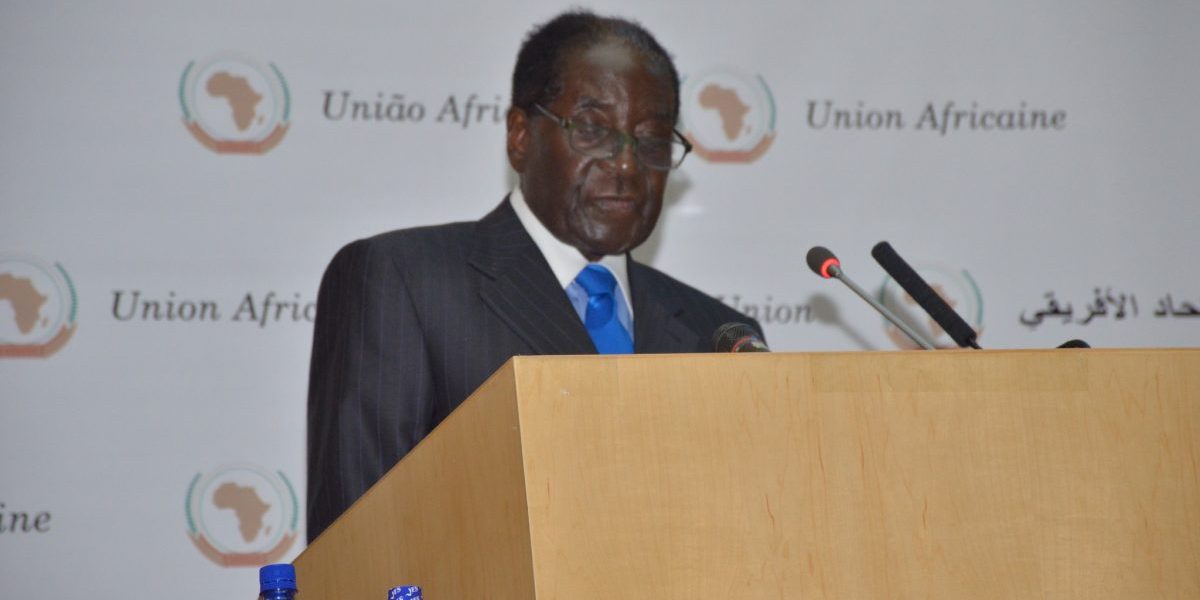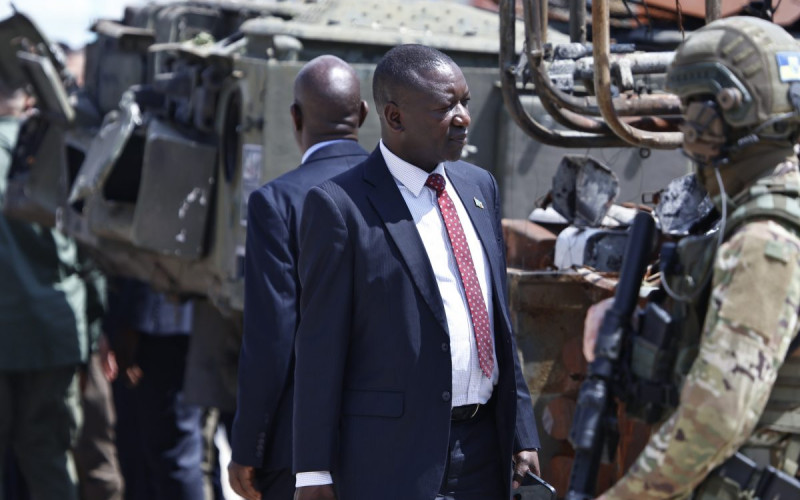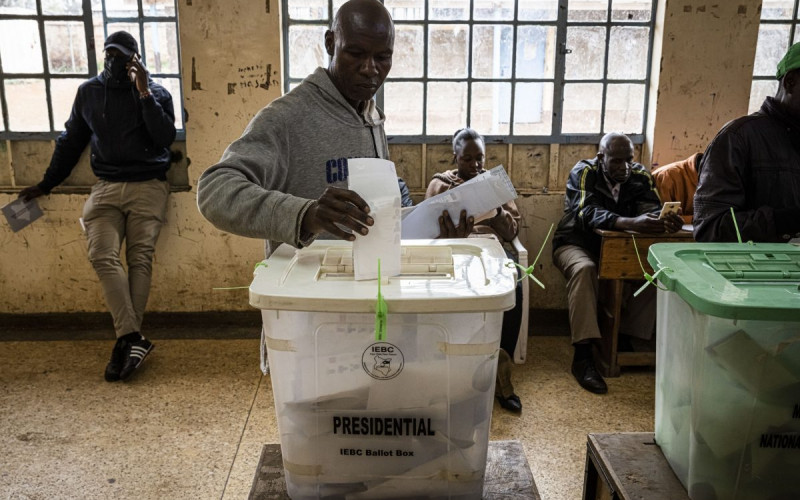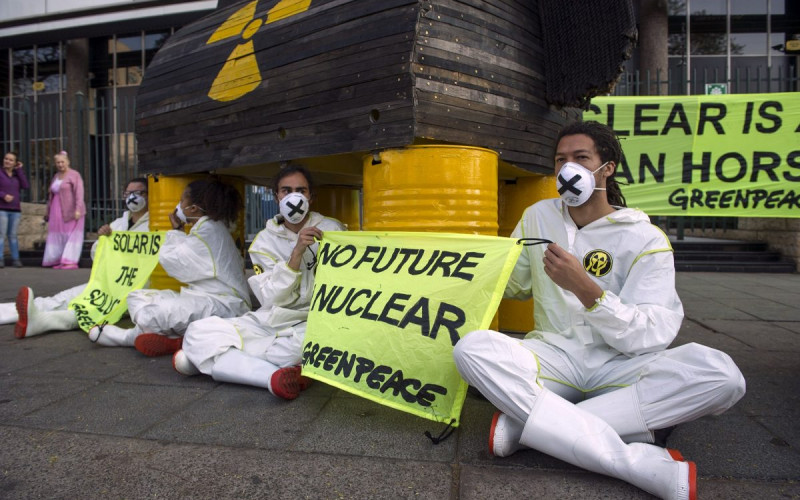The calls are fairly widespread, coming from both the Zimbabwe African National Union-Patriotic Front (Zanu-PF) and the Movement for Democratic Change (MDC-Tsvangirai), as well as from civil society groups, such as the Zimbabwe Congress of Trade Unions (ZCTU).
However, Deputy Prime Minister Arthur Mutambara, who heads the third party of the unity government, suggested during a recent visit to Uganda that Zimbabwe should be in no hurry to go to the polls.
“The question in Zimbabwe,” he is reported as saying, “should not be about how soon elections can be held, but how to organise quality elections.”
Although regional leaders such as Botswana’s President Ian Khama and South African President Jacob Zuma have expressed their support for holding elections, the situation is complex.
Current conditions are not conducive to ensuring a free and fair result, so it seems neither practical nor desirable to go to the polls at this point.
According to the terms set out in the GPA, elections are to be held under a new constitution within 18 to 24 months. However, financial constraints and a lack of political will have slowed the drafting of a new constitution. The outreach exercise by the parliamentary committee responsible for drafting the constitution started only last week, and it is more than a year overdue.
Meanwhile, the country still awaits significant change on media laws, human rights and state security. The European Union and the United States have extended targeted sanctions on senior Zanu-PF officials by another year, citing lack of progress in the implementation of the GPA.
Zanu-PF still runs the security forces, which represent a crucial instrument of repression, and President Robert Mugabe still wields significant power. The GNU is relatively powerless, and elections could unleash a reign of terror and violence reminiscent of the run-up to the June 2008 presidential run-off.
Since its establishment, the GNU has been characterized by squabbles among its constituent parties, and on several occasions the MDC-T leader, Prime Minister Morgan Tsvangirai, has threatened to walk out. There are no clear boundaries of responsibility and legitimacy is a major stumbling block for the coalition government.
While Zanu-PF accuses the MDC-T of not doing enough to have targeted sanctions removed, the MDC-T has described the appointments of Reserve Bank Governor Gideon Gono and Attorney-General Johannes Tomana as illegitimate. The MDC-T has also accused Mugabe of delaying the swearing-in of MDC leader Roy Bennett as a deputy agriculture minister despite Bennett having been acquitted of treason charges. The recent appointment of three judges by Mugabe after failing to consult with his alliance partners has further strained the coalition government.
The continued failure of coalition partners to reach an understanding over power sharing, dropping sanctions and the appointment of senior government officials has hindered not only policymaking but the full implementation of the GPA. It also raises doubts about the willingness of the parties to resolve the impasse. In effect, it is scaring off potential investors, damaging the credibility of the GNU and exacerbating political insecurity.
Rather than move quickly to elections, what is needed is for leaders to demonstrate their ability to abide by the rules that they set for themselves through the GPA. Further, they need to show that they have the interests of the nation at heart by disciplining their selfish political interests. This is critical for generating confidence, both within and outside Zimbabwe, and to ensure the success of the GNU.
State institutions that are responsible for running elections need to be revamped in order to facilitate their administration. Agreement must be reached on participation by Zimbabwe’s civil society as well as on funding and monitoring of the polls by the international community.
Further, the government needs to be financially viable if credible elections are to be held. To date there are 15 constituencies which do not have parliamentary representation due to a lack of funds to hold by-elections.
Holding elections without properly laying the groundwork could produce an outcome that contradicts the spirit and the letter of the GPA and makes a mockery of the independent mediation conducted by regional leaders. The full enactment of the GPA, including the finalization of the new constitution, should be the priority, after which elections could seal and consolidate the mandate of the parties.







